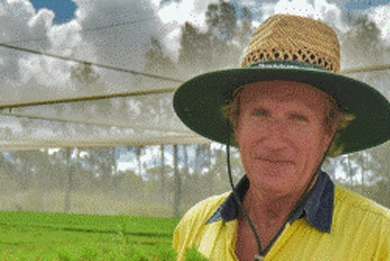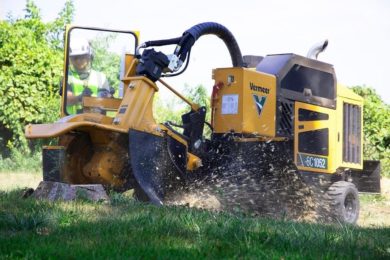The state body for the timber industry has called on the Queensland government to focus on the fundamentals of developing a long-term timber industry in Far North Queensland.
“There is significant potential to develop the timber industry in Far North Queensland and Cape York, given extensive areas of native forest resources and plantations and strong demand for timber products”, said Timber Queensland CEO Mick Stephens.
Speaking at the Tropical Forestry: Innovation and Change in the Asia Pacific Region Conference in Cairns, Mr Stephens is highlighting innovative forest industry development across the state.
“There is well-targeted public and private co-investment in R&D and innovation projects, including plantation genetics, native forest silviculture, wood processing technology, timber durability and advanced timber building design,” said Mr Stephens.
“However, a lack of focus on key policy settings is hampering future investment and value adding in Far North Queensland. Foremost amongst these issues is the need for greater resource security from crown leasehold lands.”
“Presently, there are large areas of leasehold grazing land with valuable woodland resources, but only a handful of short term wood supply contracts. Without new contracts, processors cannot invest and expand into the future. Some of these businesses may simply close within the next 2 years as the current contracts expire”.
“This is a missed opportunity as there are valuable timber species that can be processed into high-quality flooring, decking and appearance products, such as the Darwin Stringybark (Eucalyptus tetrodonta) that is extensive across northern Australia. Access to ports and timber outlets in key centres such as Cairns is also a positive.
“Many of these opportunities relate to Indigenous forestry development, with 30% of Australia’s forests owned or managed by Indigenous people with around three-quarters located in Far North Queensland and the Northern Territory”.
“Like most industrial users, timber processors are facing crippling energy prices. For the softwood plantation processing industry in the region, this is ironic as there is excess wood waste from forestry and timber processing to generate baseload renewable bioenergy that can take the pressure off the grid. Unfortunately, there are insufficient incentives to make this happen”.
“What is needed from state government is a clear focus to develop the industry in the Far North, through well-targeted infrastructure, energy policy and resource security. The benefits are significant and would deliver hundreds of new jobs based on a renewable resource across northern Australia,” Mr Stephens said.
Source: Timber Queensland







